Headaches, Dizziness, & Fatigue – Fixing Common Keto Issues

Dramatic changes in life often bring about new challenges to overcome, and adopting a ketogenic way of eating is no different. There are many awesome benefits that come from fueling your body with fat (ketones) instead of carbohydrates (sugar), like increased energy, reduced cravings, weight loss, and the potential for disease prevention.
That said, it’s important to talk about potential side effects that may appear after transitioning to keto. Luckily, they’re most often short-lived and can be thought of as side effects (speed bumps rather than roadblocks).

Headaches
Headaches are fairly common at the start of a keto diet and are often the result of carbohydrate withdrawal, dehydration, and electrolyte imbalances. The good news is that once the brain adapts to fueling off of fat, headaches typically improve. In fact, some evidence is showing that a low-carb, high-fat diet may help people who suffer from chronic migraines.
But don’t forget to monitor your fluid intake and ensure that adequate electrolytes are being consumed, whether they come from sodium, potassium, or magnesium.
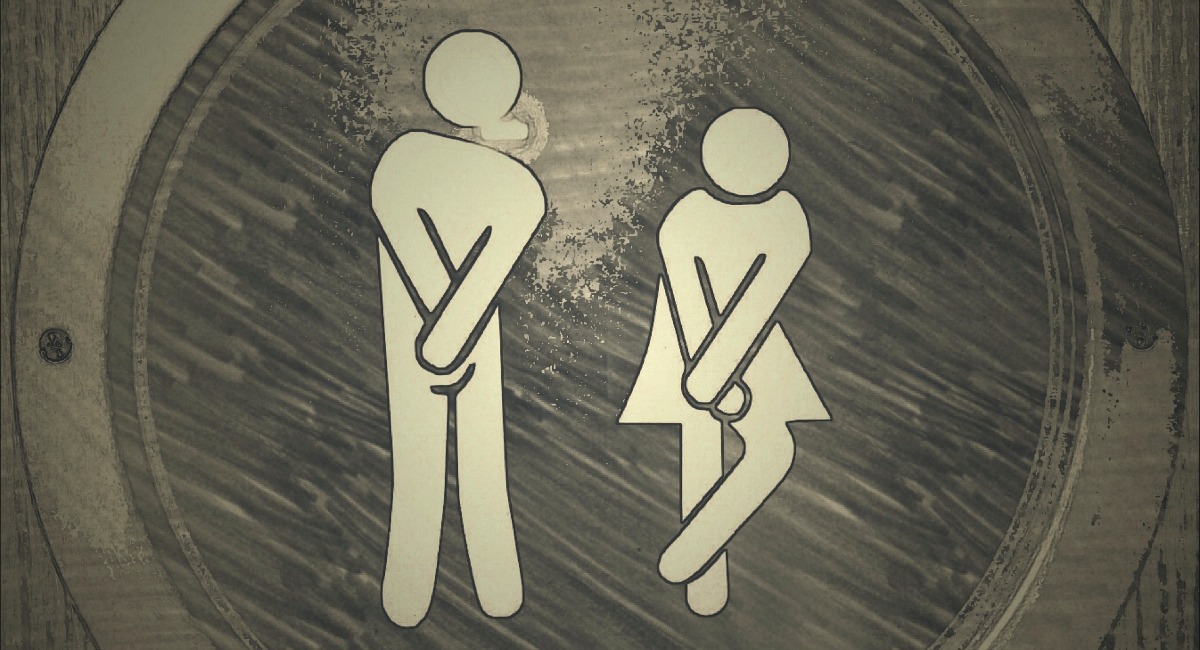
Frequent urination
You may notice more frequent trips to the bathroom within the first week of starting a keto diet. Increased urination can occur after reducing carbohydrates. This is a result of your body depleting its stored glucose and the kidneys excreting excess sodium. Don’t worry, this resolves within a few days once the body adjusts to ketosis. But whatever you do, don’t hold back on the water and be friendly with the salt… you’ll keep your electrolytes in balance and feel better along the way!
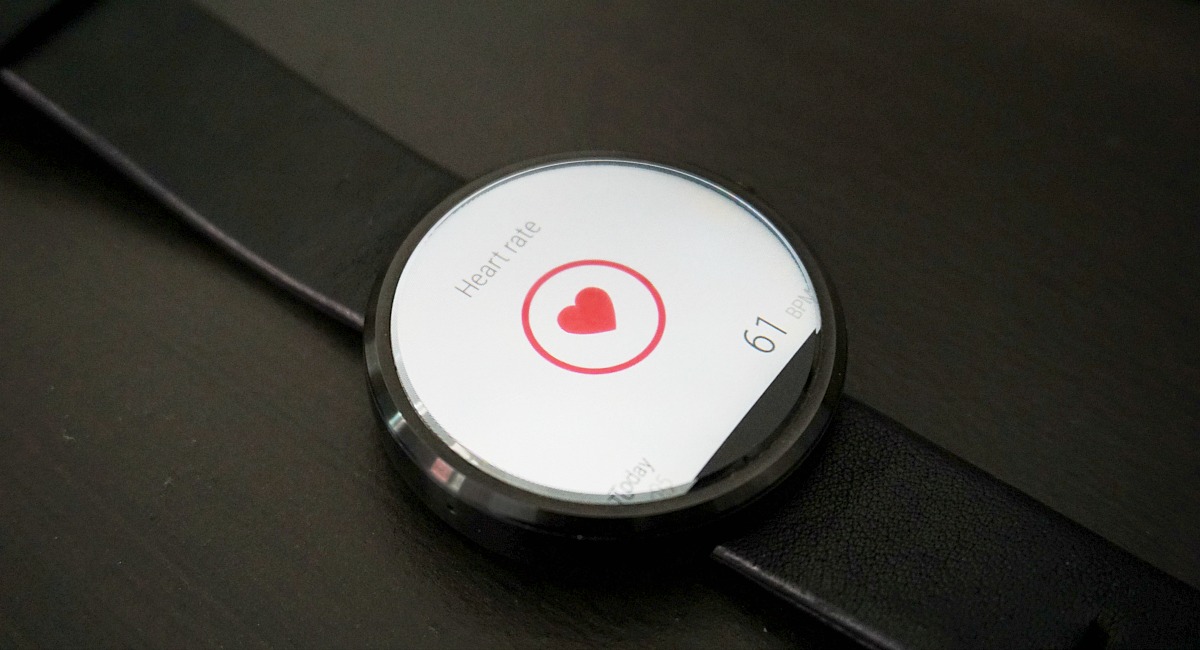
Increased heart rate (heart palpitations)
Some people report increased heart rate within the first week or two of starting a keto diet. This is typically due to fluid and electrolyte imbalances caused by the initial process of reducing carbs. A simple solution? Try drinking more water and consuming more salt. If you notice this at bedtime or in the middle of the night, try drinking a glass of water with a pinch of Morton Lite Salt Mixture or No Salt. These granules contain mixtures of 50/50 sodium and potassium.
Note that people with diabetes or those with high blood pressure may notice their medication becomes too strong after reducing carbohydrates. An increased heart rate may be a sign of this. Please speak with your doctor about your diet changes to help you adjust your medication dosing appropriately.
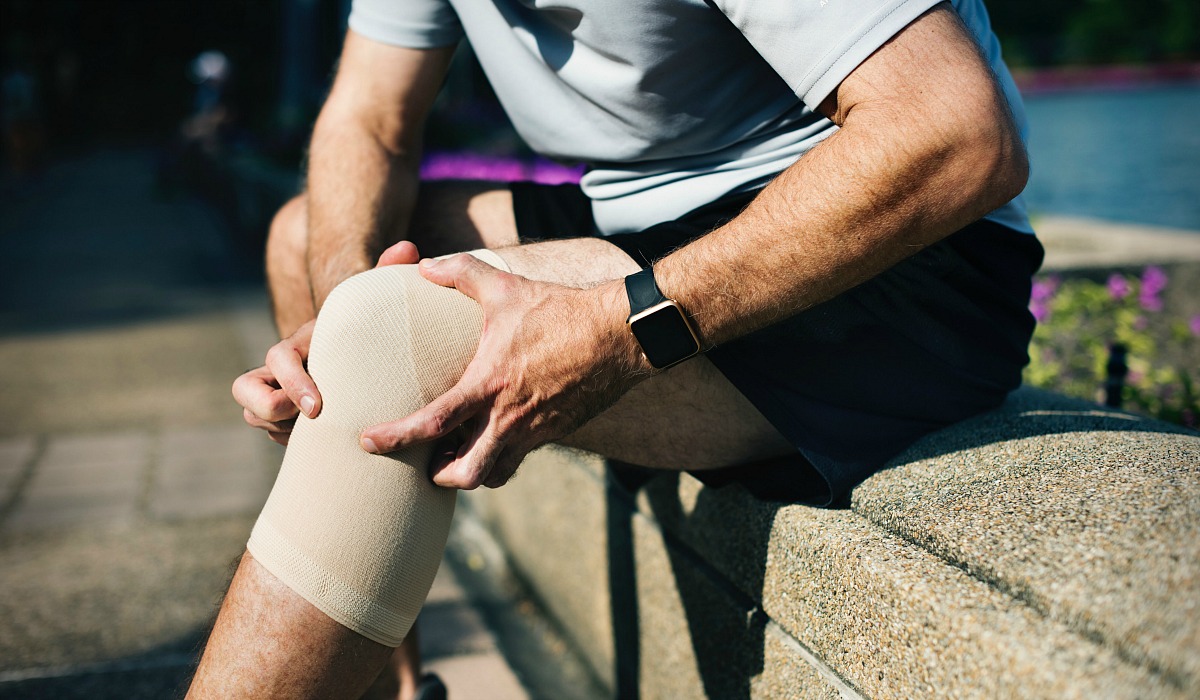
Muscle cramps
If you haven’t caught on to this theme yet, electrolyte imbalances when starting keto play a huge role in side effects. Muscle cramps are usually a result of inadequate intake of sodium, potassium, and/or magnesium. The change in diet and metabolism when starting keto often results in the depletion of these minerals. Although the keto diet doesn’t necessarily cause a magnesium deficiency, it will unmask one. In fact, more than half of the US population is deficient in magnesium.
Keto-friendly foods containing higher levels of magnesium include dark leafy greens like kale and spinach, so try to consume these on a daily basis. Even then, you’re likely not getting adequate amounts of magnesium to avoid deficiency. Consider taking a magnesium supplement of 300-400 mg daily, which may help resolve muscle cramps within a few weeks.

Sleep issues
Many people are actually reporting improved quality of sleep after they have become adapted to a keto diet, which is a current topic of study.
However, it is not uncommon to experience a disruption of sleep or insomnia after making dramatic diet changes. During the keto flu, people have reported sleep issues, such as difficulty falling asleep, staying asleep, or restless sleep. Ensure you are getting good nutrition, calories, and electrolytes in addition to practicing good sleep hygiene. Ways to do this include limiting screen time, avoiding food within 2-3 hours of bedtime, meditation, warm baths, limiting caffeine, and keeping the air temperature cool.
Hip Tip: Take your magnesium supplement about an hour before bedtime due to its calming effect on the brain.
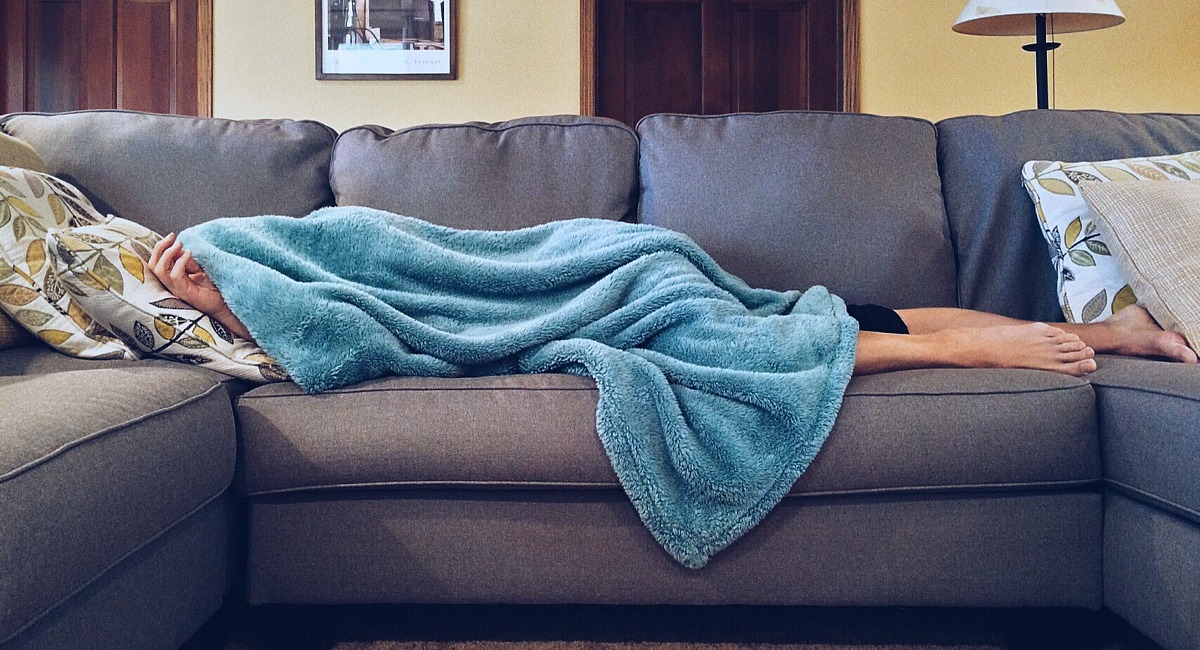
Fatigue & dizziness
It is well known that the keto diet improves energy levels, but this is typically not experienced until after one has become adapted to living the fat-fueled life. Fatigue and dizziness are both side effects that can be experienced in the beginning stages of the keto diet. And can you guess why? Fluid and electrolyte imbalances! Also, not getting enough nutrition and/or calories can also result in these side effects.
Take away tips to minimize keto side-effects:
• Drink plenty of water.
• Don’t be afraid of salt. Drinking broth is a good way to increase sodium and fluids.
• Increase foods high in potassium such as avocados, dark leafy greens, salmon, nuts, & mushrooms.
• Consider a magnesium supplement to help with muscle cramps and sleep, and aim for 300-400 mg daily.
• Practice good sleep hygiene.
Always reach out to your doctor if you have concerns and/or are on medications that may be affected by transitioning to a keto diet. Be patient as you begin your keto journey, and remember, side-effects are like speed-bumps, not road-blocks. They’re nothing more than a sign that you should slow down and take a closer look at your nutrition.
Intermittent fasting on keto? Here are 9 tips to stay on track!



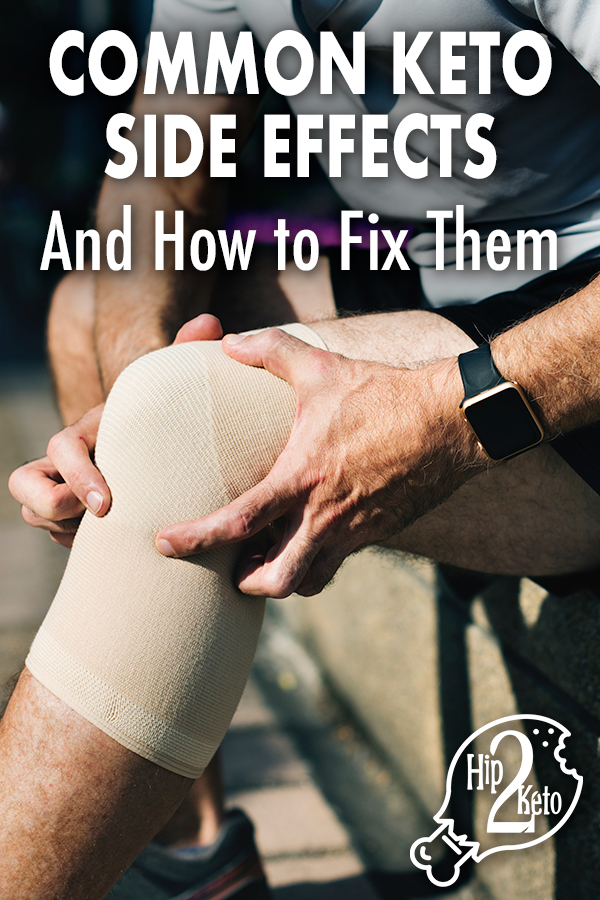

In 5th month of keto and started experiencing fatigue, dizziness and headache. What’s going on? Doing everything right. Taking recommended supplements, electrolytes and drinking water 1/2 my weight (ounces) daily. Staying with in macros. Any suggestions?
Yes! Maybe you need a reset by trying the 5-Day intermittent Fasting challenge here: https://hip2keto.com/tips/intermittent-fasting-challenge/
carb refeeds?